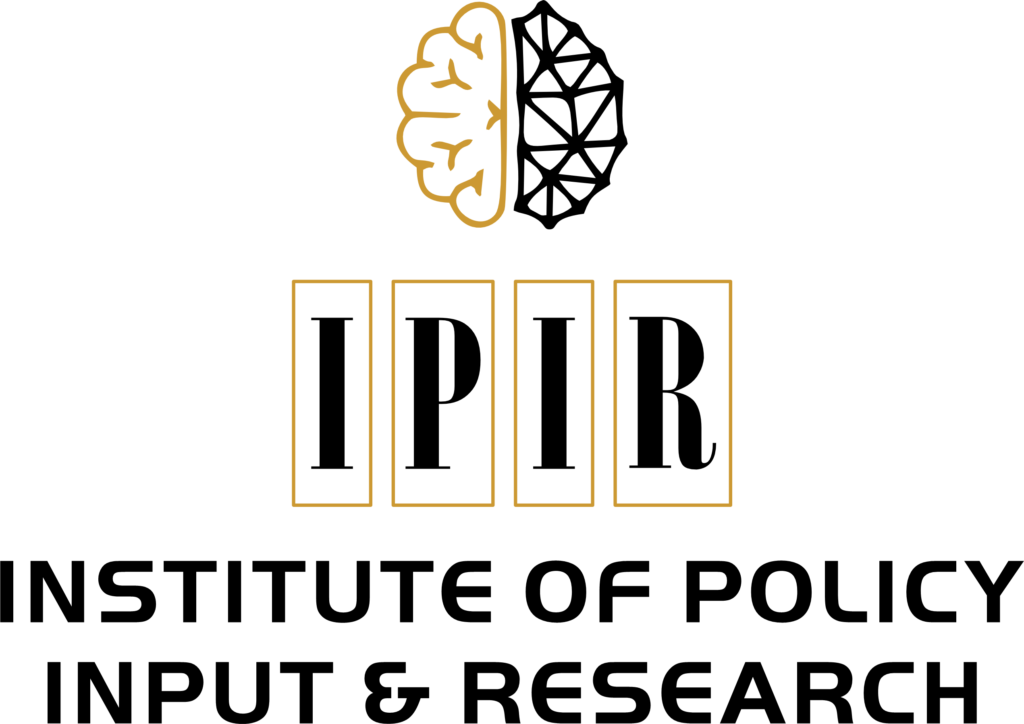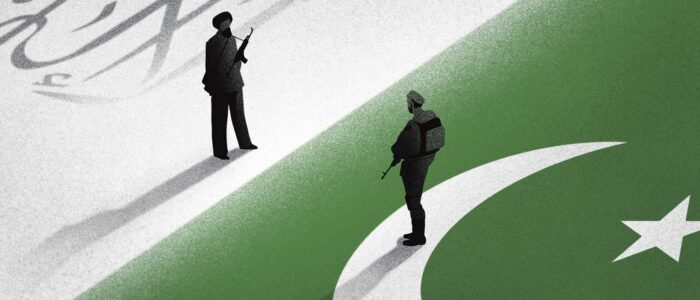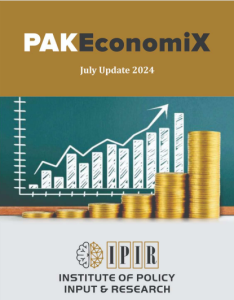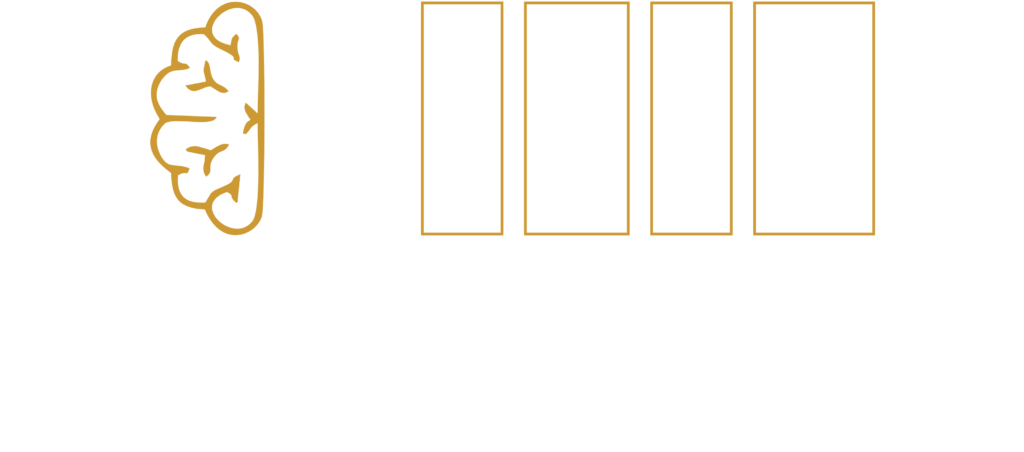By Naveed Elahi
Balochistan
Two fishing trawlers seized by authorities in 2020 for illegal fishing were set on fire by unknown armed men along the coast of Pasni in Gwadar district. In other incidents, unknown miscreants blew up a gas pipeline near Mach in Bolan district, two proclaimed offenders were killed and several police personnel injured in an encounter at an Afghan refugee camp in Pishin district, and an unidentified armed person killed a woman, two children, and injured their brother in a bomb and shooting attack in Turbat area of Kech district. Three under trial prisoners escaped from a sub-jail in Duki, a security forces soldier was martyred and three others injured when their vehicle hit an IED blast in Kalat district, unidentified shooters killed an SSGC senior officer in a targeted attack in Quetta, an FC soldier was critically injured in a bomb blast in Bolan district, and unknown armed motorcyclists shot at and injured a Naib Tehsildar in Turbat. Security forces arrested 120 Afghan nationals who illegally crossed into Pakistan in Chagai district and later handed them over to Afghanistan authorities
KPK
A series of violent incidents occurred across various districts in Pakistan. Unknown assailants torched a snooker club owned by Khalil Jabran Afridi, a journalist murdered last month in Landikotal. In Lakki Marwat, three brick kiln laborers were killed, while FC personnel Nauman was shot outside his home in Dera Ismail Khan. Security forces conducted operations, killing seven terrorists, including two commanders, in Khyber and Lakki Marwat. Former Senator Hidayatullah Khan was killed by a remote-controlled IED in Bajaur. Numerous attacks targeted police and civilians, resulting in multiple fatalities, including women and children. Security forces intensified operations following these incidents, leading to the death of several terrorists and the recovery of explosives.
Punjab
The CIA police in Lahore claimed to have busted a major international drug trafficking network called the “Speedy Gang” that was supplying narcotics to youngsters across Punjab and smuggling drugs abroad. During raids, they arrested several suspects with dual nationalities, including Qamar Muzafar (Italian), Amir Cheema alias “Billa Spanish” and Immad Butt alias “Speedy” (UK nationals). The police recovered a huge cache of drugs, including 4.5 kg of cocaine, 10 kg of ecstasy pills, and 7 kg of heroin, surpassing previous records of cocaine seizures in Punjab.
In a separate incident, police arrested a man named Abdullah Shah from Jhang who was residing in Okara district for posting hate material against a particular sect on Facebook
Sindh
Unidentified armed motorcyclists shot dead Korangi Cantonment Board Councillor Amir Abbas, who was affiliated with the PPP, and injured his brother near Chowrangi crossing in Karachi. Police Head Constable Qamar Zaman was killed in a targeted attack by unknown shooters in Patel Para area of Karachi. Unidentified armed motorcyclists martyred CTD Police DSP Ali Raza in a targeted attack in Karimabad area of Karachi, with the outlawed TTP claiming responsibility. Unknown shooters killed a police constable and took his rifle during an attack on a check post in Jacobabad, while two police officials were martyred in an attack on the Dhadhur check post. Police later killed three dacoits, including notorious bandit Imdad Bhayo, in separate encounters in Shikarpur and Kandhkot-Kashmore districts and recovered three abducted Hindu traders. CTD police arrested an alleged TTP commander Shoaib Khan from Karachi, who was wanted in several murders and kidnapping cases and carried a head money reward of two million rupees. Unknown armed motorcyclists critically injured police HC Khalid Ali Khan in the Defence area of Karachi. CTD police arrested two suspects – Abuzar and Yaqoob Mehsud in a raid from Jangal Goth, Karachi, for collecting money for the defunct TTP Hafiz Gul Bahadur Group, and also arrested TTP’s Karachi chapter fund collector Hadiyatullah at Moulana Abdul Karim from the SITE area
Security/Defence
265th Corps Commander Conference was held under the Chief of Army Staff General (COAS) Syed Asif Munir at GHQ, Rawalpindi. It reviewed of the internal and external security situation, regional peace and stability and expressed solidarity with the people of Kashmir and Palestine. The forum also held discussion on various aspects of “Azam-e-Istehkam,’’ aimed to dismantle the nexus and illegal spectrum in the country for enduring stability. It noted with concern unwarranted criticism by some quarters and deliberate misrepresentation of the vision. The COAS concluded saying that Pakistan Army is fully prepared to thwart all internal and external challenges and play its role in the stability and prosperity of Pakistan.
Pakistan- USA joint Infantry Rifle Company Exchange Exercise-2024 held two-week National Counter Terrorism Canter (NCTC), Pabbi commenced on 29 June 2024 in Counter Terrorism domain to exchange and share tactical skills at combating menace of terrorism between armies of both countries. GOC 17 Division attended the closing ceremony as the Chief Guest while Major General Charles G, Kemper Commanding General 34 Infantry Division of the US army also attended the same.
General Sahir Shamshad Mirza, Chairman Joint Chiefs of Staff Committee, on official visit to Russia, held meetings with Colonel General Alexander Fomin, Deputy Defence Minister, Aleksander Venediktov, Deputy Secretary of the Security Council of the Russian Federation and Colonel General S.Y. Istrakov, Deputy Chief of General Staff of the Armed Forces of the Russian Federation. During the meetings, they stressed the need to enhance cooperation across multiple domains including connectivity, trade, energy, security and bilateral military and technical cooperation, regional security situation and menace of terrorism.
Afghanistan
Zabihullah Mujahid, spokesperson for the Islamic Emirate of Afghanistan (IEA), and Suhail Shaheen, head of its political office, stated that the Doha conference held on June 30 and July 1 was productive, facilitating interaction with the international community to discuss IEA policies and foster better understanding. The closed-door conference did not disclose much beyond statements from the participants.
Key demands from the international community, particularly emphasized by Western countries and the USA, included the formation of an inclusive government, lifting bans on women’s education and employment, restoring human and women’s rights, and ending terrorist sanctuaries on Afghan soil. The Taliban-led IEA government argued against the need for an inclusive government, asserting that they represent all ethnic groups and hold sole control over the country. They categorized women’s rights as an internal issue and denied the existence of any terrorist groups posing threats to other countries from Afghan territory.
Additionally, the IEA demanded the unfreezing of Afghanistan’s assets in the USA, the lifting of travel restrictions on its officials, and proper representation in the UN and other international bodies. Against the backdrop of geopolitical and economic considerations, China, Russia, and Iran have shown relatively softened stances towards the IEA.
It was reported that Asif Durrani, Pakistan’s special representative for Afghanistan, attended the Doha conference and met with Zabihullah Mujahid at a dinner hosted by the Pakistani Ambassador in Qatar. During this meeting, matters of mutual interest between Pakistan and Afghanistan were discussed.
Suhail Shaheen, head of the IEA office in Qatar called for lifting of the UN Security Council sanctions on the officials of the IEA/ Taliban leaders arguing that these restrictions only hinder interactions with Afghanistan by the international community. According to the UN Monitoring Team, the list of sanctioned individuals includes 61 senior Taliban figures, among them 35 members of the IEA cabinet and leaders. Some of the notable figures on the list are Mullah Mohammad Hassan Akhund, Prime Minister; Mullah Abdul Ghani Baradar, Deputy Prime Minister; Abdul Salam Hanafi, Deputy Prime Minister; Maulana Abdul Kabir, Political Deputy of the Prime Minister; Amir Khan Muttaqi, Foreign Minister; Sirajuddin Haqqani, Interior Minister; and Abdul Haq Wasiq, Director of the General Directorate of Intelligence.
IEA spokesperson Zabihullah Mujahid stated that Acting Interior Minister Sirajuddin Haqqani and Director General of Intelligence Abdul Wahid Wasiq discussed security-related issues, including regional stability, during their recent visit to the UAE. US Defense Department spokesperson Sabrina Singh reportedly said that Washington is pursuing ISS-K and senior militant commanders in the border areas between Pakistan and Afghanistan. According to media outlet “TOLO,” the IEA has not responded to these comments yet, but Zabihullah Mujahid previously claimed that the USA is trying to create rifts between Afghanistan and other regional countries with such statements.
The second meeting of the Regional Contact Group, known as the Moscow Format, was held in Tehran with the participation of Pakistan, Iran, China, and Russia. The group discussed current crises, including terrorism. The IEA did not attend, arguing that existing mechanisms should be used concerning Afghanistan instead of creating new ones. Meanwhile, Roza Otunbayeva, Special Representative of the UN Secretary-General, discussed with IEA Acting Foreign Minister Amir Khan Muttaqi an agenda acceptable to all stakeholders for the upcoming UN-sponsored third conference on Afghanistan in Doha on 30 June and 1 July. The last two conferences did not yield productive results due to the non-presence of the Taliban-led IEA representatives. A decision on the Taliban’s participation in the forthcoming conference is yet to be announced.
Some analysts believe that China, Russia, and Iran have a relatively soft stance towards the IEA-led Afghanistan, recognizing it as the sole controlling authority and gradually establishing economic relationships without officially recognizing the IEA. Recently, former US Central Command (CENTCOM) chief General (R) Frank McKenzie, in an interview with CBS, called the Doha agreement between the USA and the Taliban a mistake. He suggested that stricter terms might have yielded better results and criticized the agreement as a flawed policy by both former President Trump and current President Biden.
India
Indian security forces continued their state sponsored oppression in the Illegal Indian Held Jammu and Kashmir (IIHJK) and martyred a number of Kashmiri youths by branding them terrorists in fake encounters besides taken several in custody. Five Indian army soldiers including a JCO were killed and as many injured in alleged ambush by the militants on their patrolling vehicles in Badnota village of Khatuha district. Lt. General Rajiv Gai GOC 15-Corps of the Indian army in a high-level meeting reviewed the security situation in the South Kashmir and expressed satisfaction over the success of killings of alleged militants during two operations – OP Modargam and OP Chingam in Kulgam district under the so-called anti militancy drive.
The new Indian Army Chief General Upendra Dwivedi after assuming his office on 30th June, started touring formations in various parts of the country to take briefings from the commanders for reviewing security situation and operational preparedness of the troops particularly related to the Northern Command and Eastern Command alongside borders with Pakistan, China, Myanmar on LOC and LAC. He visited various military stations including 16- Corps at Nagrota (IIOJK) and at 3, 4 and 33 Corps HQrs in Dimapur, Nagaland, Manipur, Tezpur, Sukna, West Bengal to over view various project in Sikkim. In next phase, he may undertake visits to the Western Command and Southwest Command alongside international borders with Pakistan in Punjab and Rajasthan. Meanwhile, a major reshuffling of the senior commands has started taking place in the Indian army. Such appointments included LT. Gen NS Raja Subramani as the new Vice Chief ( Co-Chief), Lt. Gen Devendra Sharma as Head of the Training Command at Shimla, Lt. Gen Anindya Sengupta as GOC-in-C Central Command at Luknow, Lt. Gen Manjinder Singh as GOC-in-C of South West Command at Jaipur, Lt Gen Dheeraj Seth as GOC-in-C South Command at Pune, Lt Gen Mohit Wadhwa as Chief of Staff at HQ Western Command in Chandi mandir, Lt. Gen Rajesh Pushkar as GOC 2- Corps (Kharga Corps) in Ambala. Lt. Gen Ajay Chandpuria as GOC 11-Corps (Vajra Corps) in Jalandhar.
Indian government appointed Deputy National Security Adviser Vikram Misri (1989 batch Indian Foreign Service officer) as India’s new Foreign Secretary. The government has also reportedly granted one year extension in services till June 2025 to Director Intelligence Bureau (IB) Tapan Kumar Deka.
Prime Minister Narendra Modi, who assumed power for the third time, was originally scheduled to represent his country at the SCO conference in Astana. However, at the eleventh hour, he changed his plans and sent External Affairs Minister J. Shankar in his place. Later, Prime Minister Modi visited Russia on July 8 and 9, 2024, where he held meetings with its leadership, particularly President Vladimir Putin. They discussed boosting trade and defense relations, as well as the global security environment, including counter-terrorism measures and the regional perspective on Afghanistan. Prime Minister Narendra Modi signed several MoUs, and agreements aimed at boosting bilateral relations and increasing the current annual trade level of $65 billion USD to $100 billion USD by 2030. Reportedly, there was a preference given for payment in Russian and Indian currencies following sanctions imposed post Russia-Ukraine war by the USA and other Western countries. Ukraine’s President Zelensky expressed great disappointment over Prime Minister Modi’s visit to Russia. Meanwhile, US Ambassador to India, Eric Garcetti, speaking at the two-day “US-India Defence News Conclave: Stories of US-India Defence and Security Partnership” held in New Delhi, emphasized the need for strengthening the partnership between the two countries. He highlighted that both nations envision their future intertwined. According to several geopolitical analysts, India, emerging as a challenger to China in the border region and Asia-Pacific, is strategically partnering with both the US-led Western countries and Russia simultaneously, navigating a delicate balance to maximize benefits in both in civilian and military domain.
Iran
Five security forces personnel were killed in two simultaneous terrorist attacks by the alleged Jaysh al-Adel militant group on military and police posts in Rask and Chahbahar cities of Sistan-Balochistan province. The Iranian authorities later stated that eight terrorists involved in the attacks were killed by the security forces.
In the second phase of presidential elections in Iran, Masoud Pezeshkian, a surgeon doctor and known as reformist was elected as ninth president of the Islami Republic of Iran. He secured 16,384,403 votes out of a total 30,530,157 votes. The other candidate, Saeed Jalili, known as a hardliner, received 13,538,179 votes. The presidency became vacant after the death of Ibrahim Raisi and his companions in a helicopter crash. The newly elected president was greeted by leaders from around the world, including President Asif Ali Zardari and Prime Minister Shehbaz Sharif of Pakistan. While Western media portrays him optimistically as a moderate, his policies and actions in the coming days will determine the reality




